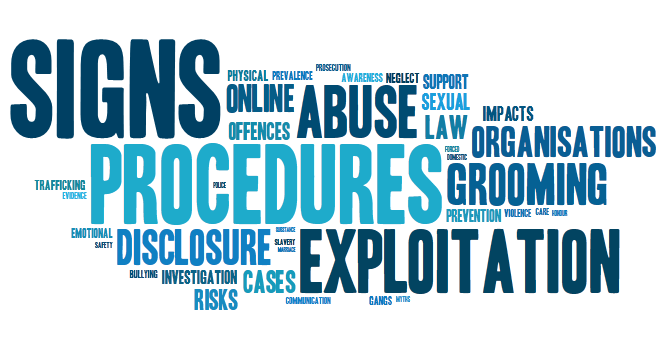How to Recognize the Signs of Sexual Abuse in Children
July 24, 2024
Supporting a Loved One Who Has Experienced Sexual Abuse
When someone you love has experienced sexual abuse, it can be challenging to know how to offer the right support. Your role is crucial in their healing process, and providing compassionate and informed support can make a significant difference. Here are some key ways to support a loved one who has been through such a traumatic experience:
1. Listen Without Judgment
One of the most important things you can do is to listen without judgment. Allow your loved one to share their story at their own pace and avoid interrupting or asking probing questions. Validate their feelings and experiences by showing empathy and understanding.
Example:
I'm so sorry this happened to you. I'm here to listen and support you in any way I can.
2. Believe Them
Many survivors fear they won't be believed, so it's essential to reassure your loved one that you believe them. Acknowledge their courage in sharing their story and reinforce that you trust their account of what happened.
Example:
I believe you, and I'm here for you.
3. Offer Emotional Support
Emotional support can come in many forms, such as offering a shoulder to cry on, being present, and providing comfort. Let them know that their feelings are valid and that it's okay to feel a wide range of emotions, including anger, sadness, confusion, and fear.
4. Respect Their Privacy
Respect your loved one's privacy and confidentiality. Avoid sharing their story with others without their explicit consent. They should have control over who knows about their experience.
5. Avoid Blame and Judgment
Refrain from making any statements that could be perceived as blaming or judging the survivor. Questions like Why didn't you fight back?
or Why were you there?
are harmful and place undue blame on the victim.
6. Encourage Professional Help
Encourage your loved one to seek professional help from a therapist or counselor who specializes in trauma and sexual abuse. Professional support can provide them with the tools and resources needed to navigate their healing journey.
Example:
Talking to a professional might really help you process what you're going through. I'm here to support you in finding the right person to talk to.
7. Be Patient
Healing from sexual abuse is a long and often non-linear process. Be patient and understanding as your loved one navigates their emotions and recovery. There will be good days and bad days, and your consistent support is vital.
8. Educate Yourself
Take the time to educate yourself about sexual abuse and its effects. Understanding what your loved one might be experiencing can help you provide more empathetic and informed support. Resources such as books, articles, and support organizations can be valuable.
9. Offer Practical Support
In addition to emotional support, offer practical assistance. This could include helping with daily tasks, accompanying them to appointments, or providing a safe space where they can feel secure and supported.
10. Take Care of Yourself
Supporting a loved one through such a difficult time can be emotionally draining. Ensure that you also take care of your own mental and emotional well-being. Seek support for yourself if needed, whether through a support group, counselor, or trusted friend.
Conclusion
Supporting a loved one who has experienced sexual abuse requires compassion, patience, and understanding. By listening without judgment, believing them, respecting their privacy, and encouraging professional help, you can play a crucial role in their healing journey. Remember, your support can make a significant difference in their recovery, and together, you can navigate this challenging time.

